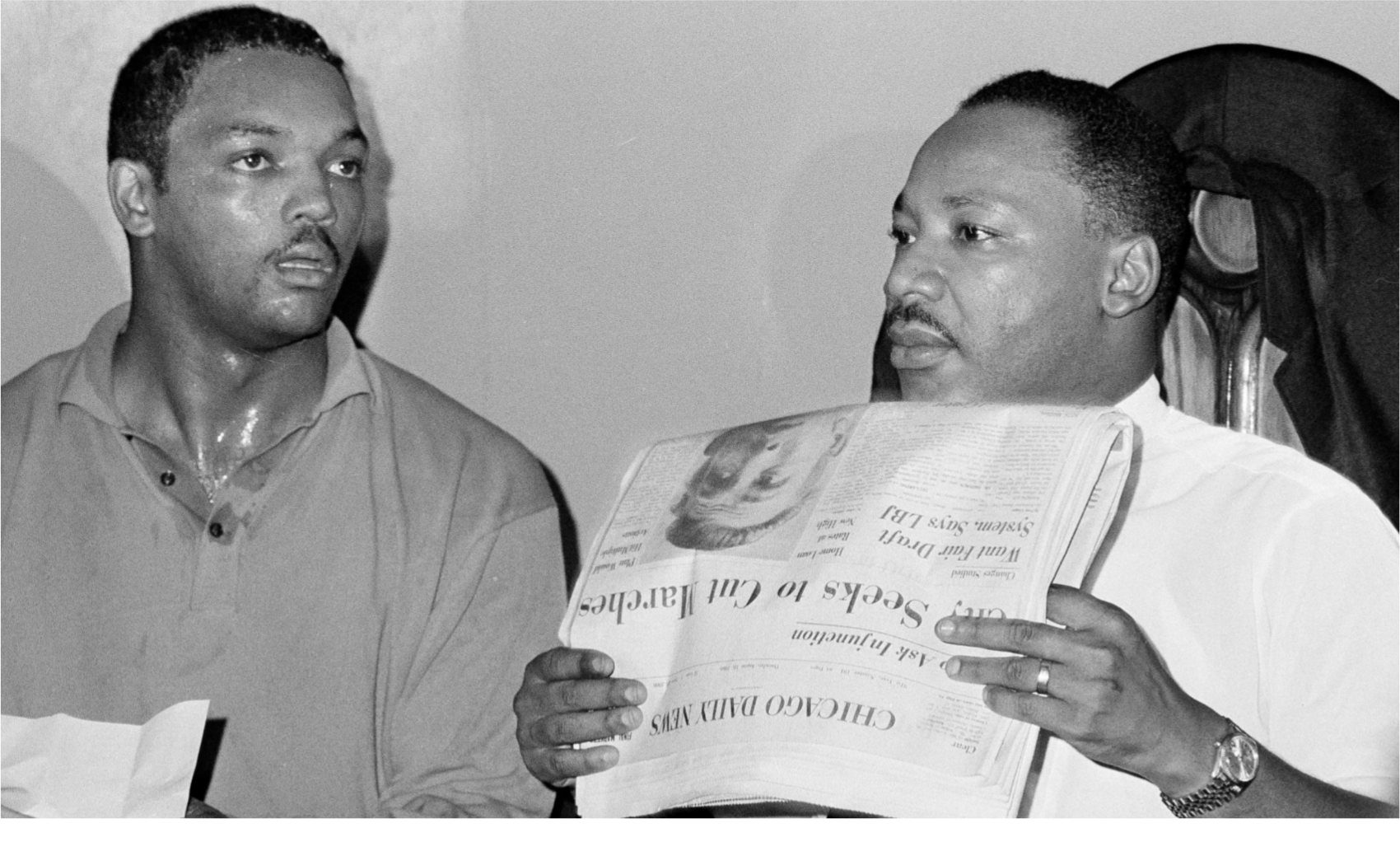(ThyBlackMan.com) A Black friend from high school recently contacted me to share a conversation that he had had with a white former classmate of ours. He did not share (and I did not ask for) the identity of our mutual friend. During their conversation, that friend lamented that some of his Black classmates — including the two of us — often appeared to be “angry” when posting on social media. Our friend wondered aloud why “very successful Black men” complained about racism.
Black folks are quite familiar with this query from conservative whites — whether they are friends, enemies or complete strangers. This question — which is usually accompanied by displeasure, disdain or even disgust — is couched in economic terms. That’s a red herring. I’ll tell you why.
It’s very rare for white Americans to criticize upper class or wealthy whites for complaining about what they perceive to be problems in our country. They don’t ask why “successful” white people are so unhappy. Consider that a former president, who is reputedly ultrawealthy, spends most of his waking hours trashing America. (That’s not surprising given his campaign slogan.)

Not once have I heard people like my unnamed friend argue that this former president, or other rich white people who share his political views, are “ungrateful” given their prosperity. In fact, that former president maintains strong support from those same conservative whites. Thus, we can reasonably conclude that financial security is not the real issue behind the “angry Black person” question.
Importantly, the issue isn’t even about race per se. How do I know? The people who bristle at “successful” angry Black folks love the perpetually perturbed (and highly successful) Candace Owens. I don’t think that there is an angrier successful Black person in America than Ms. Owens. (Maybe Larry Elder?) Thus, being angry and Black — in and of itself — isn’t the real issue. The real issue is that a substantial percentage of whites are very uncomfortable with Blacks — or even whites — who fight for racial equity.
The fact is that there has never been a time in our history in which most white Americans supported an African American who confronted them about racism. For example, public polls consistently indicated that most white Americans had a negative view of Dr. Martin Luther King Jr. at the time of his assassination. Dr. King became a hero to them only after he was no longer a threat to the established racial hierarchy. (I contend that he would be extremely unpopular among conservative whites today if they actually read what he wrote or listened to more than one snippet of one speech.)
When white Christians and/or conservatives complain about America, they perceive themselves to be “patriotic.” When Black people are angry at America, those same individuals perceive us to be anti-American. They try to transform our righteous indication into “ungratefulness.” Those who want LeBron James to just “shut up and dribble” are completely fine with former baseball star Curt Schilling spouting his political views in every medium available.
As civil rights champion Tim Wise has observed, “Fish don’t know they’re in water until they’re removed from it.” In other words, white Americans often aren’t aware of the privilege in which they swim until they notice people of color backstroking next to them. (Wise, who is white, speaks of the privilege of having grown up in the South with Black teachers and other authority figures.)
Am I an “angry Black man”? Damn right I am! In the words of James Baldwin, “to be (Black) in this country and to be relatively conscious is to be in a state of rage almost all of the time.” I cannot witness the ongoing race-based disparities that the overwhelming majority of African Americans endure and be content.
White Americans tend to have an individualistic mindset, which might be simplified as, “I’m alright, so everyone should be alright.” African Americans tend to have a collectivist mindset, which can be simplified as, “Others like me are struggling, so we’re all struggling.” It’s the epistemology of Ayn Rand versus the theology of James Cone.
I’ll let James Baldwin speak again: “I love America more than any other country in the world and, exactly for that reason, I insist on the right to criticize her perpetually.” Being traumatized by that which you love either pulls you in deeply or repels you completely. I may have a right to remain silent, but I have a responsibility to speak.
Written by Larry Smith

















Leave a Reply